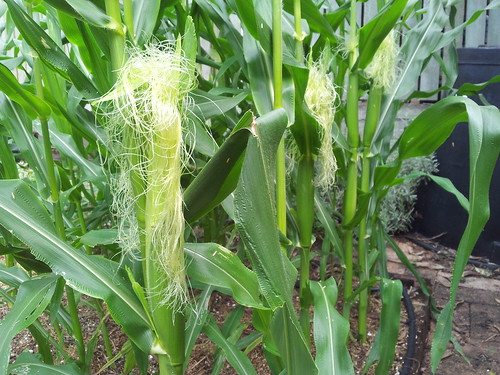The Myth
Organic produce is cleaner and safer than conventionally-grown produce.

The Facts
Not necessarily. The U.S. Department of Agriculture makes no claims that organically produced food is safer or more nutritious than conventionally produced food. In fact, technically, organic certification has nothing to do with food safety. According to the USDA’s National Organic Program, organic products are “managed according to defined processes for planting, growing, raising and handling.” The term “organic” on the label also indicates that no synthetic fertilizers, sewage sludge, irradiation or genetic engineering was used in producing that food.
If, by “cleaner” you mean that the foods contain fewer pesticide residues, then yes, organic produce does carry significantly fewer residues. Organic produce also is not treated with waxes or preservatives. However, a study conducted by Stanford University researchers published last fall found that, while organic produce were 30% less likely to have pesticide residues than conventional fruits and vegetables, they had an equal risk of bacterial contamination. This means that an organic food is just as likely to contain dangerous pathogens as its conventional cousins.
In fact, several large outbreaks have been caused by organic foods. Last November the Centers for Disease Control and Preventions (CDC) announced that consumers in several east coast states were sickened by organic, packaged lettuce that was contaminated with an unusual strain of E. coli bacteria. The danger is that people will trust that organic produce does not need to be washed as thoroughly as conventional produce.
The Action
Whichever produce you choose—organic or conventional—be sure to scrub all fruits and vegetables thoroughly. Washing helps remove surface dirt, bacteria and traces of chemicals. You can also peel some produce, which helps decrease your exposure to pesticide residues as well, though be aware that some fiber and nutrients will be lost with the peel.
This post is part of our National Nutrition Month series on common myths in nutrition. Check out our Nutrition Science category for more about nutrition myths and facts.